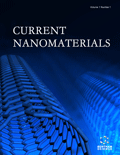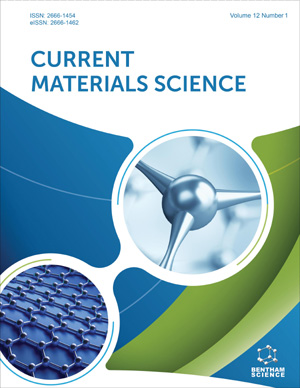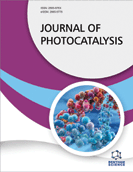Abstract
Objective: Alleviate heat stress in wheat plants using nanotechnology technique.
Method: Two consecutive seasons were held in El Wadi El Gadeed governorate, Egypt (a hot climate area) and two cultivars were used, Sids1 (heat tolerant) and Gimmeza7 (heat sensitive). The nanoparticles used were Zn NPs (80 nm) and Fe NPs (50 nm) which were used with several concentrations (0, 0.25, 0.50, 0.75, 1.0 and 10ppm).
Results: Some concentrations from NPs achieved the best survival of wheat plants under heat stress conditions and this was done through enhancing some biochemical markers. There was an enhancing effect of NPs (highest mean value was observed at 10 ppm Zn NPs and 0.25 ppm Fe NPs) on yield quantity by Gimmeza7 cultivar. The enhancing effect of such NPs was related to increasing antioxidant enzymes activities (Glutathione S transferase, superoxide dismutase, peroxidase and catalase), the appearance of new bands in some isozymes and decreasing of lipid peroxidation product malondialdehyde.
Conclusion: In this work, preparation of biocompatible metal based and well-characterized nanoparticles succeeded in stimulation of wheat plants to tolerate heat stress condition in El Wadi El Gadeed, Egypt.
Keywords: Wheat, heat stress, magnetite - Fe3O4, zinc oxide, nanoparticles, antioxidants.
Graphical Abstract


















